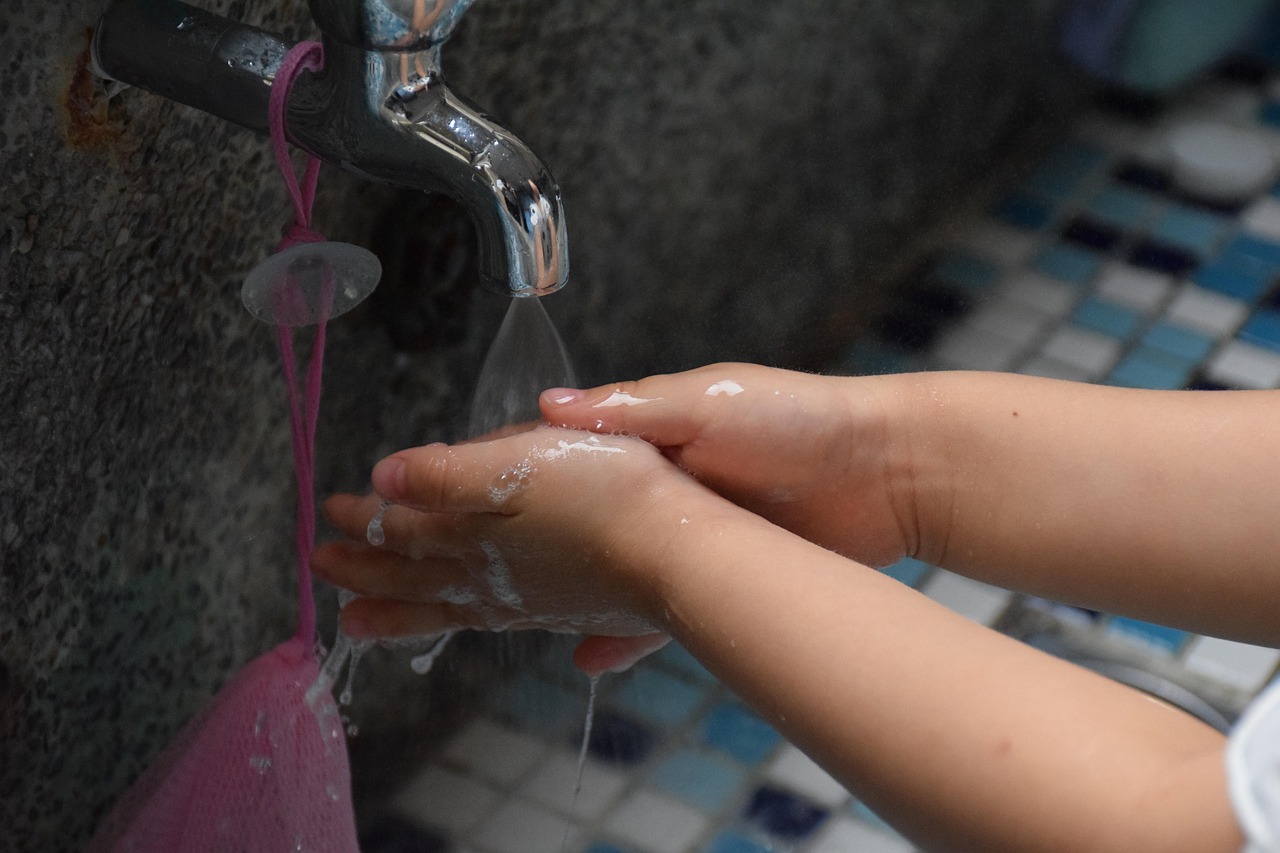Germany is currently facing a growing number of EHEC cases, with more than 4,000 infections nationwide.
The latest outbreak in Mecklenburg-Vorpommern has drawn particular attention: since August 17, the Robert Koch Institute (RKI) has confirmed 51 infections across the country, 44 of which were reported in the northeastern state.
Ten children developed serious complications, requiring intensive medical care for hemolytic uremic syndrome (HUS).
Why children are at higher risk
Children are especially vulnerable because their immune systems are not yet fully developed. While the exact source of the outbreak remains unclear, authorities have noted that no new cases were reported since the end of last week.
Local health offices continue to monitor developments, with additional EHEC infections already registered in Bavaria’s Weilheim-Schongau district.
How EHEC spreads
EHEC stands for enterohemorrhagic Escherichia coli, a group of bacteria naturally found in the intestines of ruminant animals such as cattle and sheep.
Humans typically become infected through contaminated food—such as undercooked meat, raw milk, or unwashed vegetables—or direct contact with animals.
Typical symptoms include abdominal cramps and diarrhea, while in severe cases HUS may occur, leading to blood clotting problems and impaired kidney function.
Hygiene is the most effective protection
According to the Federal Ministry of Health’s information portal gesund.bund.de, even a small number of bacteria can cause infection.
For this reason, consistent hygiene measures are critical in preventing the spread of EHEC.
Recommended practices include:
- Washing hands thoroughly before meals, after using the bathroom, and after contact with animals.
- Separating raw meat from ready-to-eat foods in the kitchen.
- Washing fruit and vegetables carefully before consumption.
- Cooking meat thoroughly to kill potential bacteria.
Public health experts emphasize that prevention is far more effective than treatment, as EHEC infections can escalate quickly—particularly in children.









